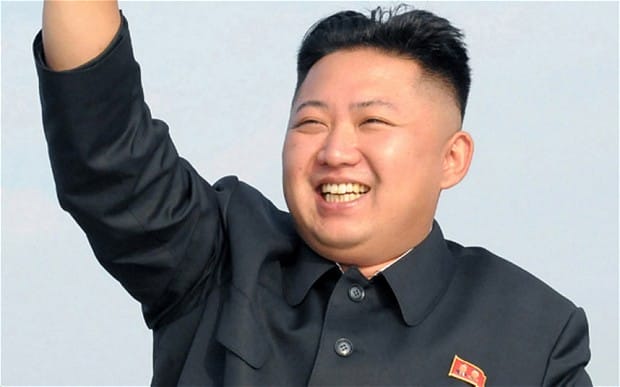Whether it’s the White House or a Saudi royal family mansion, political leaders are often accused of living in a bubble, indifferent to the travails of ordinary people. While presidents and monarchs inhabit a very exclusive world, however, the work of four psychologists suggest that their indifference may be a function of their own self-esteem.
Their study looked at the effects of praise on narcissists. Taking a view of narcissism as a “defensive pride” that masks self-doubt, they looked at those who ranked highly for holding “grandiose” notions of their self-worth and also had low “implicit self-esteem,” meaning they would unconsciously or spontaneously reveal a low evaluation of their worth. (As opposed to explicit self-esteem since narcissists express a high sense of self-worth when reflecting on it.)
As implied by the title of their study “I’m OK, I’m OK: Praise makes narcissists with low implicit self-esteem indifferent to the suffering of others,” they found that praise and narcissism do not mix well. The more narcissistic the individual, the more praise blinded them (at least in experimental settings) to the suffering of others.
Not all politicians exhibit stong narcissistic tendencies. But they certainly tend to hold grandiose views of their self-worth at above average rates. And if there is anyone in danger of receiving constant praise, it is the leader of a country, especially an undemocratic one. Even if leaders are a magnet for criticism, being the locus of power guarantees that they mostly receive support, encouragement and praise from the people immediately surrounding them.
Former Egyptian president Hosni Mubarak, for example, did not believe that protesters wanted his ouster until an outside advisor found the courage to tell him that he would be hung if he did not abdicate soon. Cocooned by his supportive inner circle, he could still believe that the people truly loved him even as millions chanted for his downfall.
If we believe the results of this study, this level of support and praise can make leaders that hunger for it indifferent to what happens to the people they rule or lead. People often complain about the arrogance of their leaders. But even if a benevolent dictator – or any good leader – needs to have some humility, they also need enough self-esteem to care about what they do with their political power more than the praise that comes with wielding it.
This post was written by Alex Mayyasi. Follow him on Twitter here or Google Plus. To get occasional notifications when we write blog posts, sign up for our email list.




